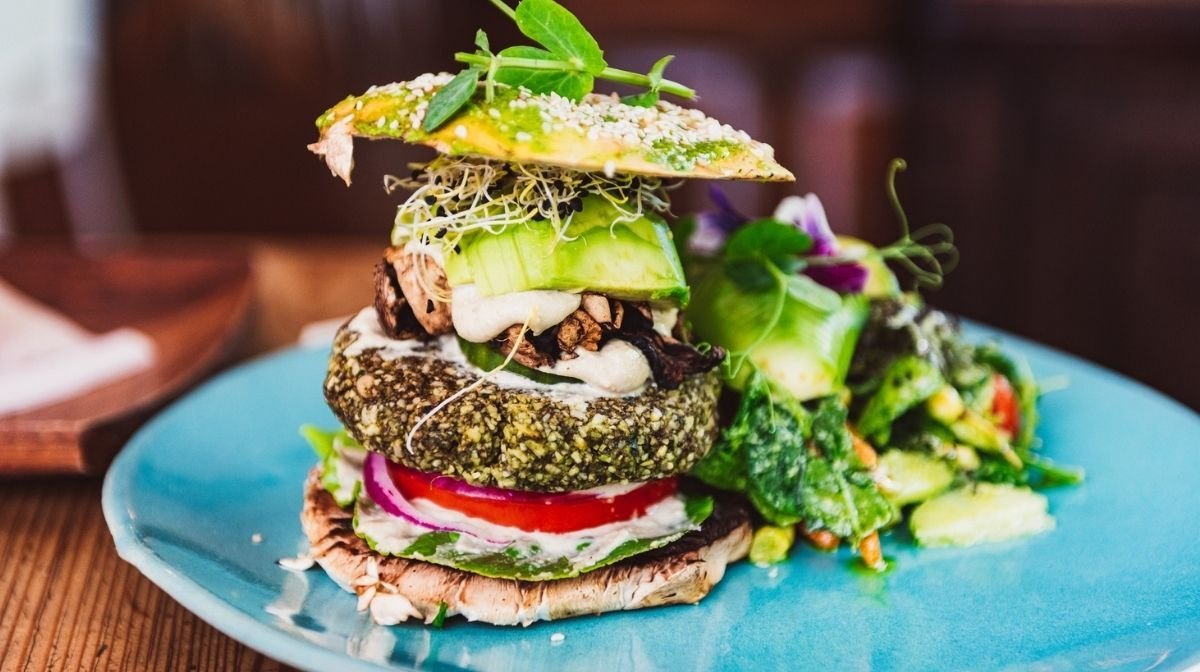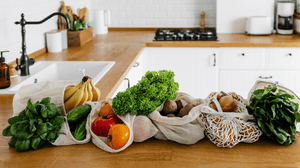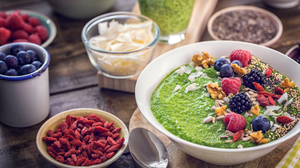Vegan and keto diets have both soared in popularity in recent years, but how do they differ and which diet is best for your individual health and wellbeing goals?
Let’s take an in-depth look at vegan vs keto to find out.
Vegan vs Keto: What’s the Difference?
Any diet involves eliminating particular foods or food groups, so vegan and keto diets share some similarities in this way. However, there are also some important differences between the two.
Vegan Diet
A vegan diet eliminates all animal products and by-products. This includes the likes of meat, fish, dairy, eggs, honey and gelatine.
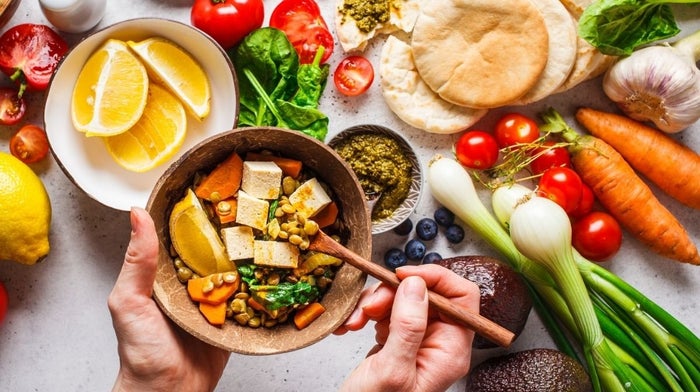
You may want to choose to follow a vegan diet for animal welfare or environmental reasons, while there can also be nutritional benefits associated with eating more plant-based, organic ingredients.
Keto Diet
The goal of a keto diet is to put your body into a state known as ketosis, where it breaks down fat, using this as an energy source instead of carbs.
A keto diet should consist of 70-80% fats, 20-25% protein and 5-10% carbohydrates.
Because of this ratio, you’ll need to count your macronutrients (macros) when you’re following a keto diet, so you’ll need to be on top of tracking your food intake.
What You Can Eat on a Vegan Diet
A typical vegan diet is centred around:
Fruits
Vegetables
Nuts and seeds, including almonds, sunflower seeds and hazelnuts
Bread
Grains
Pasta
Rice
Vegetable oils
Legumes, such as beans, lentils and chickpeas
Dairy-free alternatives, such as soy milk, coconut milk or almond milk
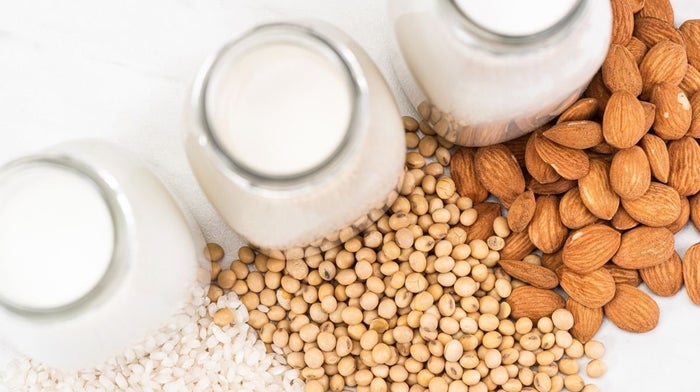
Although legumes can be a great source of protein, it can be a challenge to get all of the protein you need when following a vegan diet, which is why many people choose to incorporate vegan protein powder into their routine.
Vegan Supplements
Garden of Life vegan protein powders are 100% plant-based and organic, made using whole food ingredients and are available in a choice of flavours, making them a great addition to protein pancakes, porridge, overnight oats, shakes or smoothies.
Another nutrient that it can be harder to get enough of as a vegan is vitamin B12, which our bodies can’t produce by themselves, but naturally occurs in animal products.
Our raspberry-flavoured Organics Vitamin B12 Spray is a vegan vitamin B12 supplement that makes it easy to boost your vitamin B12 intake, without needing to compromise your values.
What to Eat on a Keto Diet
Keto-friendly foods include:
Almonds
Asparagus
Avocados
Broccoli
Cheese
Chicken
Dark Chocolate (look for at least 70% cocoa content)
Kale
Macadamia nuts
Olives
Sausages
Seafood
Spinach
Turkey
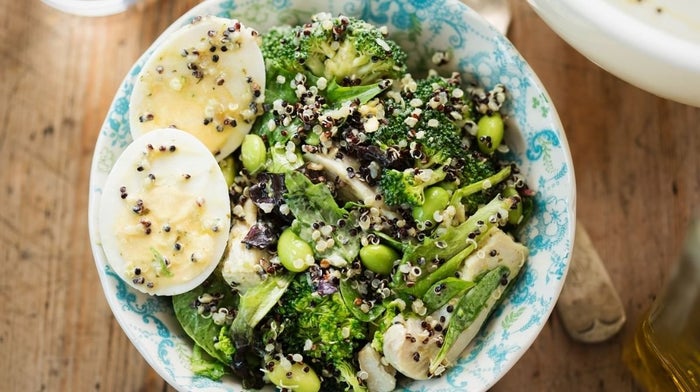
On a keto diet, you should avoid sugary and starchy foods, including bread, rice, potatoes, chocolate, cakes, sweets and fruit juice.
Keto Supplements
At Garden of Life, we have a range of keto-friendly supplements, designed to support you while you’re following a keto diet.
Our Keto All-in-One Shake is made using grass-fed whey protein and features a balanced ratio of protein, fat and carbs. Available in Vanilla and Chocolate flavours, it’s designed to be used in shakes, smoothies or baking recipes.
Our range of keto supplements also includes our Keto Fit Powder and Keto Organic Grass Fed Butter Powder, which is a good source of healthy fats.
Learn more about achieving ketosis here:
